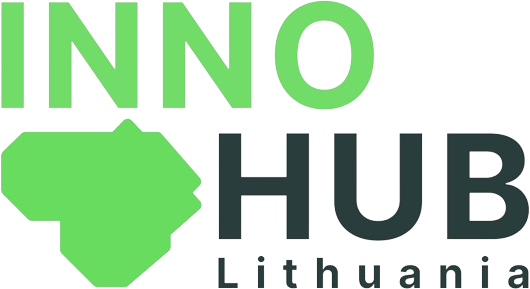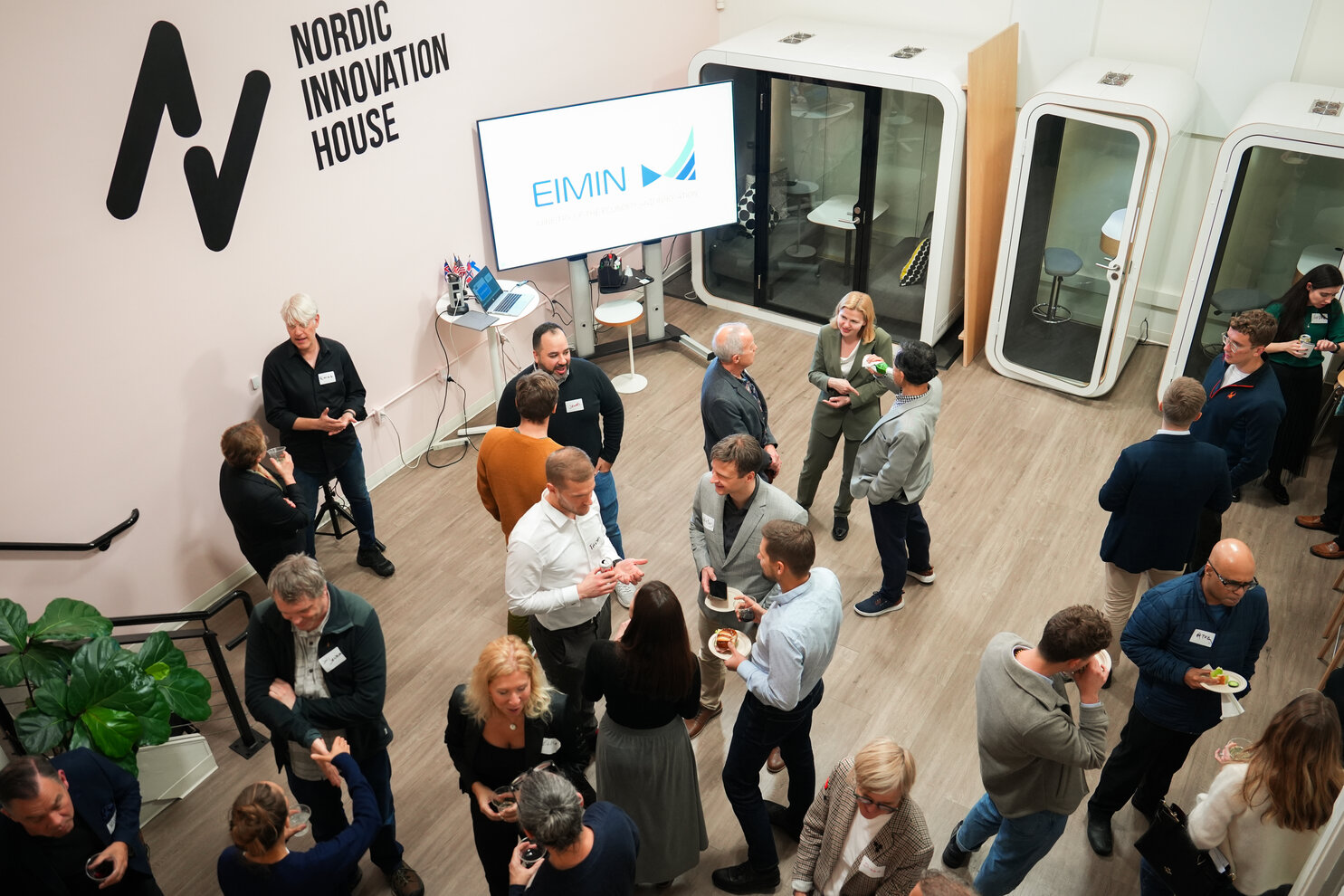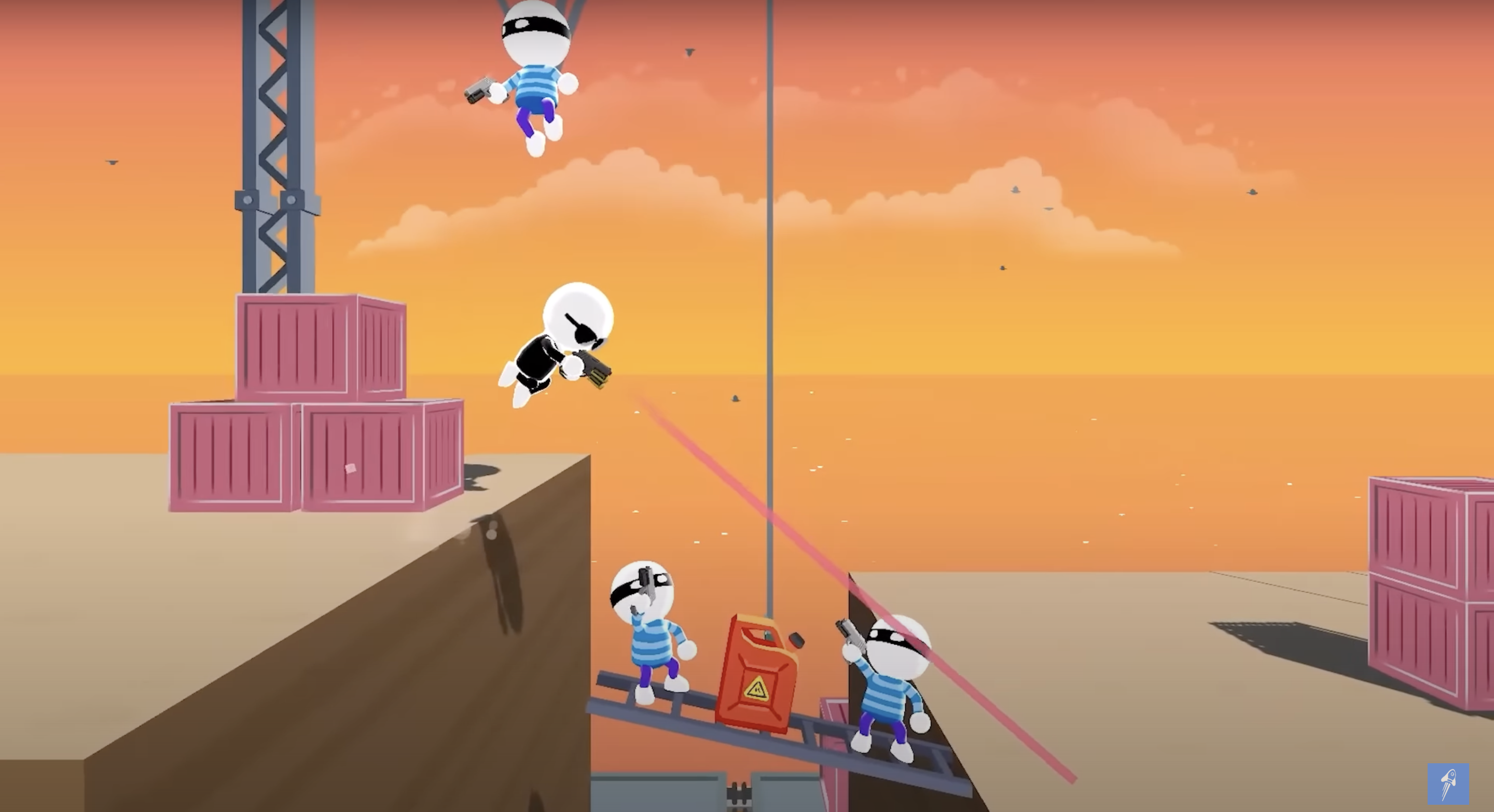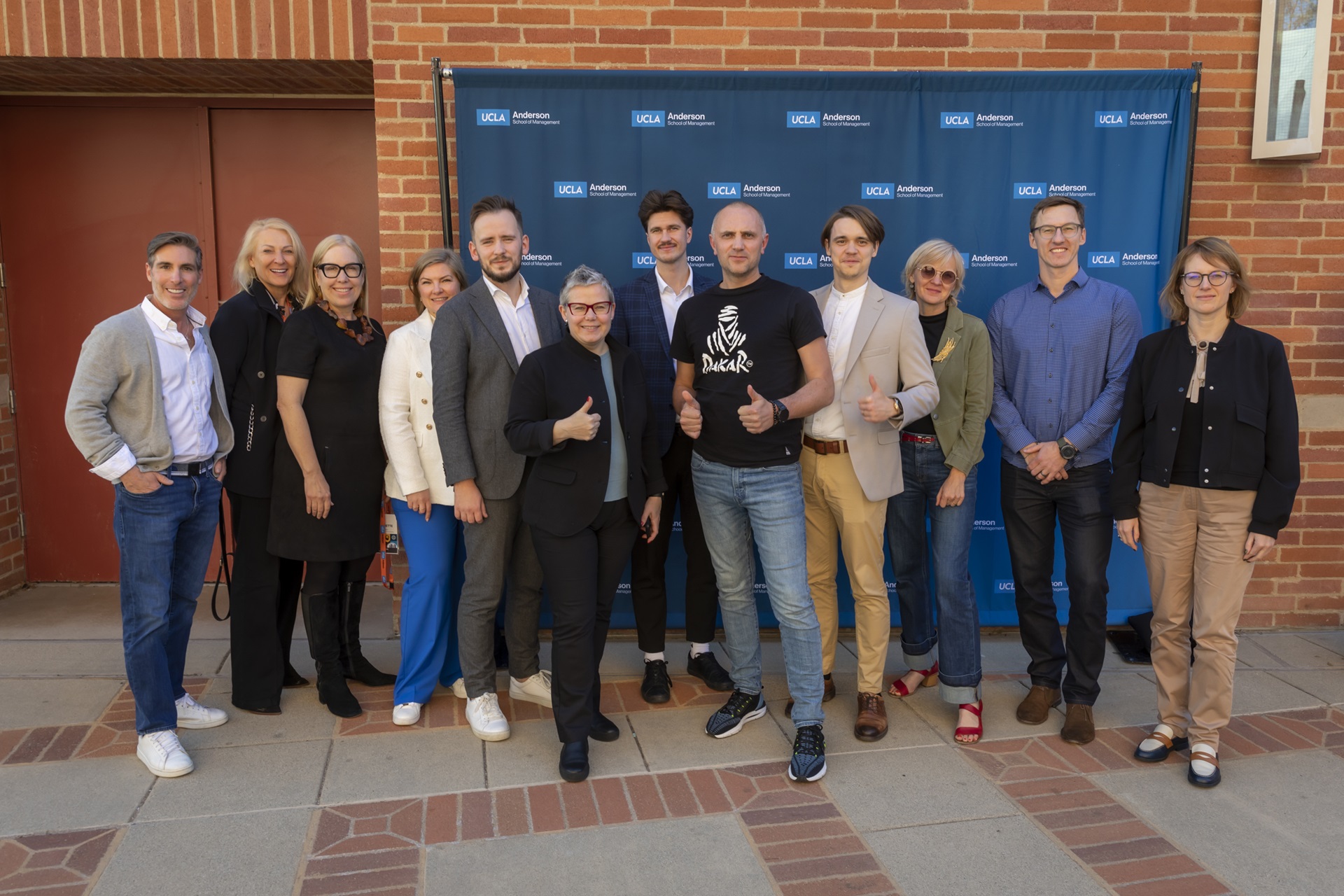Relatively small compared to global powerhouses, the Lithuanian game industry is quickly establishing itself as a key player in the mobile gaming sector. With a strong talent pool and a commitment to innovation, Lithuanian studios produce entertaining and commercially successful worldwide mobile games.
According to the Lithuanian Game Developers Association, the Lithuanian game development sector has experienced significant growth, now encompassing over 90 studios and independent developers and employing approximately 2,500 professionals. In 2023, the industry generated over €220 million in revenue and contributed more than €50 million in taxes, cementing its role as a vital part of the national economy.
Having achieved over 2 billion downloads across its portfolio, Estoty Vilnius is a perfect example of the Lithuanian game industry’s potential. Arnoldas Zvinys, an Operating Director of Estoty Vilnius, attributes the company’s success to a unique approach to game development.
“At our core, we focus primarily on creating mobile games, although we occasionally adapt them for other platforms,” Zvinys explains, adding: “As a mobile games studio, we prioritise delivering a fresh perspective and innovation to our users. This innovation might not always be technical but could involve blending genres or introducing novel gameplay elements.”
Rapid Development without Sacrificing Creativity
Innovation is a central theme in Estoty’s approach to game development. The company doesn’t just aim to create games, it seeks to craft experiences that resonate with players on a deeper level. “Each time we develop a game, we strive to create a compelling experience that evokes strong, lasting emotions and encourages users to return repeatedly,” says Zvinys. This philosophy has driven the development of some of Estoty’s most popular titles, including Johnny Trigger with over 300 million downloads worldwide.
Johnny Trigger became a global hit thanks to its innovative engineers. “The game was developed in weeks, with a small team working on prototypes incorporating elements from various other games. We adapted cinematic movement in the game, where the character moves linearly and executes 180-degree jumps. This was a big innovation that resonated with players,” Zvinys notes. The game’s success underscores Estoty’s ability to blend rapid development cycles with creative ingenuity, a combination that has become a hallmark of the studio.
Manages Challenges with Production for Masses
While Estoty has found success on a global scale, Zvinys acknowledges the challenges of operating in the European market, particularly in comparison to the U.S. For example, “Our talent pool is probably smaller in general, there are fewer big corporations that can support large-scale projects,” he says. Venture capital funding, which is critical for scaling operations, is also more limited in Europe. “In the U.S., the market is more advanced in this regard, with more capital available for game development”, states Zvinys.
Despite its size and profitability, the U.S. market presents some challenges. According to Estoty’s Operating Director, the U.S. consumers are the most profitable but also the most demanding. The market is highly competitive and saturated, so continuous innovation and high-quality products are required. Yet, Estoty has managed to navigate these challenges by focusing on accessibility and user-friendly design, creating games that appeal to a broad audience.
Looking to the future, Estoty plans to continue its aggressive development strategy, with multiple projects in the pipeline at a given time. “We are constantly working on several projects, with many prototypes,” shares Zvinys. “The plan is to launch as many games as we can that will last for 10 years or more with efficient maintenance and bring in enough revenue to re-invest in making more games.”
More Opportunities to Enter the U.S. Market
As Estoty looks to expand its reach further into international markets, Zvinys offers advice for other companies seeking to break into the U.S. market: “For a project to be successful, you either need a high-quality product designed for the masses or a deep understanding of a specific niche. In the latter case, you should address a problem within that niche and reach as many people as possible who are interested in it.”
Karolis Karalevičius, the Business Community Manager at InnoHub Lithuania, states that despite their advancement, Lithuanian entrepreneurs still encounter challenges in entering the U.S. market. “Competition from well-established U.S.-based and other international developers is fierce, and maintaining visibility amidst a constant influx of new titles requires continuous innovation and marketing insight. Additionally, navigating the complex regulatory and cultural landscape necessitates a deep understanding of local preferences and legal requirements”, he says.
These are the reasons Innovation Agency Lithuania opened its new division in Silicon Valley – InnoHub Lithuania, which aims to help solve these Lithuanian entrepreneurs’ problems and connect them to the local ecosystem.
Zvinys also emphasised the crucial role of such initiatives as InnoHub Lithuania in strengthening the industry, adding that „As a bootstrapped company, we can confidently say that entering the U.S. market is much easier now than it was when we started 10 years ago, thanks to the wealth of resources available today. However, having a strong product and a talented team remains essential for success.”
